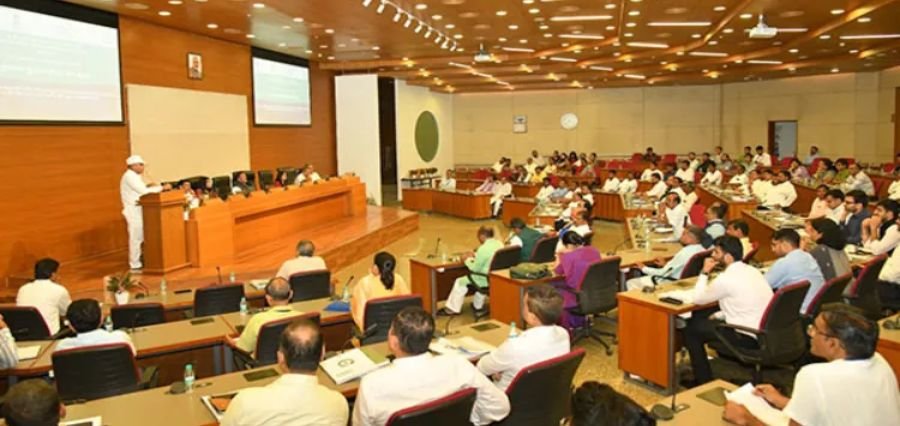Prime Highlights
- Gujarat heads India’s first genome sequencing project for the tribals to fight genetic disorders.
- 17 tribal districts will provide over 2,000 whole genome sequences to provide healthcare findings.
Key Facts
- Genetic susceptibility to such conditions like sickle cell anaemia and thalassemia will be revealed by the project.
- Same sex participation and parent–child trios participation will provide insight into trends of inherited health.
Key Background
A trailblazing initiative, Gujarat has become the nation’s first state to start a Tribal Genome Sequencing Project—a trailblazing effort at cracking the gene code of tribal individuals and eliminating a group of genetic disorders. Biological samples of more than 2,000 individuals from 17 tribal districts would be organized and sequenced by the state government under the Gujarat Biotechnology Research Centre (GBRC).
The project, funded by the Department of Science & Technology and Tribal Development Department, will establish an exhaustive reference genome database. The project has direct relevance inasmuch as tribal communities in Gujarat, roughly 15% of Gujarat’s population, have thus far been underrepresented in genome studies while being disproportionately affected by inherited disease.
Special care is being taken to make it inclusive as well as scientifically capable. Healthy adults, the majority of whom are to be converted into women (at least 50%), will be used as volunteers. Most importantly, the project will consist of genetic trios (child, father, mother) so that the genetic inheritance can be understood to a better extent. The project will work with tribal communities like the Bhil, Gamit, Rathwa, Warli, Valvi, and the Sidi community, who have African genetic background.
The ultimate goal is to identify genetic markers of diseases like sickle cell anaemia, thalassemia, malnutrition, and other metabolic or immunological illnesses that are common among the tribes. Precise diagnosis at an early stage, appropriate therapy, and improved tribal health policy will be the result of such identification.
Gujarat’s tribal genome project is not only a scientific feat but also a socio-political responsibility towards universalization of public health. Combining biotechnology with rural medicine, the state aims to develop an infectious model to be followed by other locations in India so that the marginalized can avail themselves of genetic benefits.




